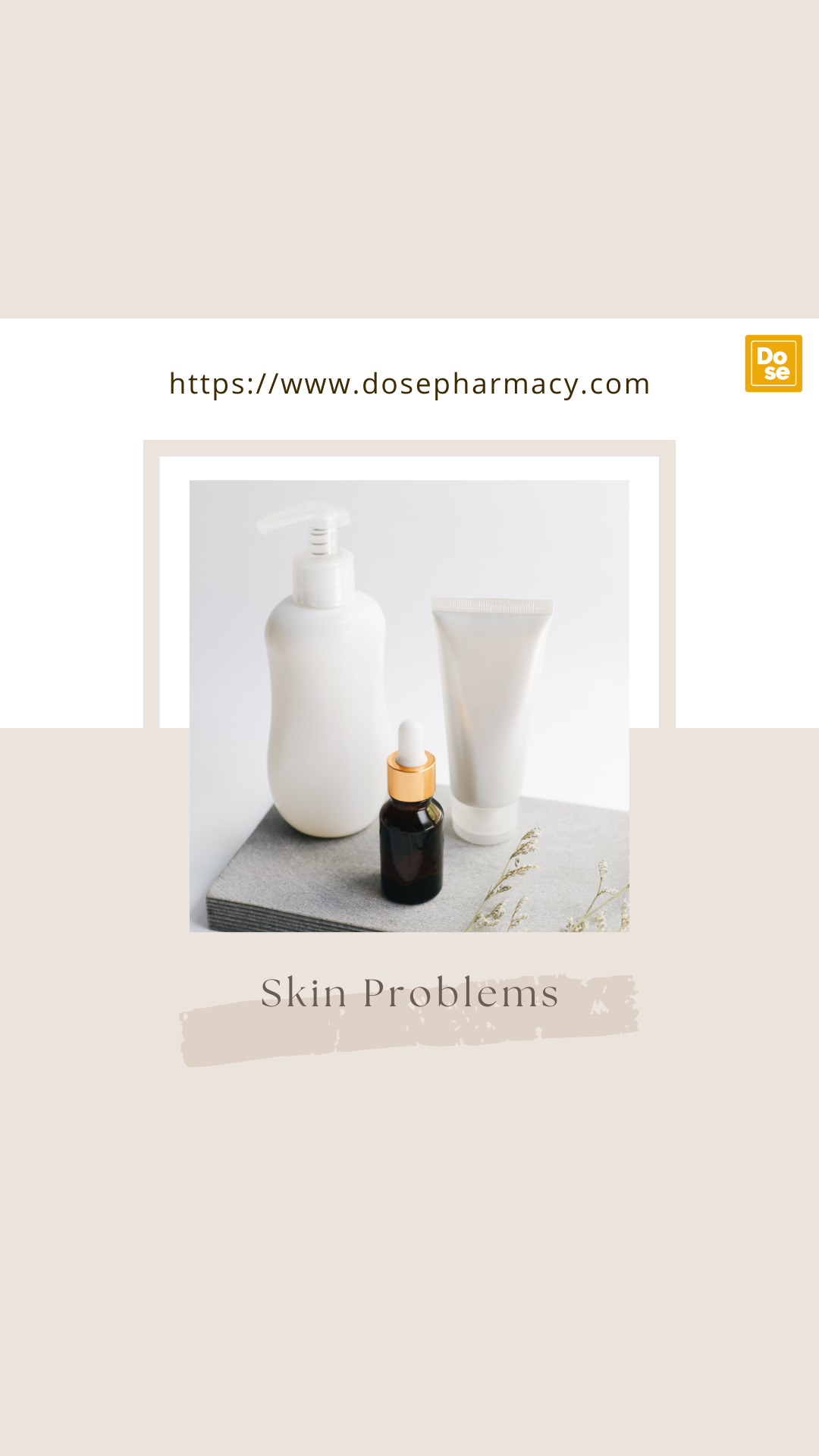Acne is a common skin condition that affects millions worldwide, particularly during adolescence. While many treatments are available, severe or persistent acne often requires more robust intervention. Buy Isotretinoin Online, a potent oral medication, is widely regarded as one of the most effective treatments for severe acne. This article explores the effectiveness of isotretinoin in providing permanent acne removal, its mechanisms, treatment protocols, and considerations for its use.
Understanding Isotretinoin
Isotretinoin, a derivative of vitamin A, is used primarily to treat severe forms of acne such as cystic acne and nodular acne that do not respond to other treatments. It is marketed under various brand names, including Accutane, Roaccutane, and Claravis. The drug is known for its ability to drastically reduce or eliminate acne, often with long-lasting results.
How Isotretinoin Works
Isotretinoin works through several mechanisms to combat acne:
- Reduction of Sebum Production: Isotretinoin reduces the size and activity of sebaceous glands in the skin, leading to decreased production of sebum (oil). Excessive sebum production is a key factor in acne development as it contributes to clogged pores and the proliferation of acne-causing bacteria.
- Prevention of Clogged Pores: The drug helps normalize the shedding of skin cells within hair follicles, preventing the formation of comedones (blackheads and whiteheads) that can lead to acne.
- Anti-Inflammatory Effects: Isotretinoin has anti-inflammatory properties that reduce the inflammation associated with acne lesions, leading to a reduction in redness and swelling.
- Reduction of Acne-Causing Bacteria: By decreasing sebum production and preventing clogged pores, isotretinoin indirectly reduces the growth of Propionibacterium acnes, the bacteria responsible for acne.
Treatment Protocol
The standard dosage of isotretinoin varies based on the severity of acne, the patient’s weight, and the response to treatment. Typically, treatment involves taking isotretinoin in oral form once or twice daily for 4 to 6 months. The cumulative dose, usually around 120-150 mg/kg, is a critical factor in achieving long-term remission.
Effectiveness and Results
Many patients experience significant improvement or complete remission of acne following a course of isotretinoin. Studies have shown that approximately 60-70% of patients achieve clear or near-clear skin after a single course of treatment. For some, a second course may be necessary, but long-term success is common.
Long-Term Outcomes
One of the major advantages of Isotretinoin 40 mg is its potential for long-term remission. Many patients experience sustained acne-free periods lasting several years or even indefinitely after completing treatment. This effectiveness makes isotretinoin a preferred choice for severe acne cases that have not responded to other therapies.
Side Effects and Considerations
Despite its efficacy, isotretinoin is not without risks. Potential side effects include:
- Dry Skin and Mucous Membranes: Common side effects are dryness of the skin, lips, and eyes. Patients are advised to use moisturizers and lip balms to manage these symptoms.
- Photosensitivity: Increased sensitivity to sunlight can lead to sunburn. It is essential to use sunscreen and avoid excessive sun exposure during treatment.
- Teratogenicity: Isotretinoin can cause severe birth defects, making it critical for women of childbearing age to use effective contraception during treatment and for a month after.
- Psychiatric Effects: Some patients report mood changes or depressive symptoms. Regular monitoring and communication with a healthcare provider are crucial.
Patient Monitoring and Support
Regular follow-ups with a healthcare provider are necessary to monitor the effectiveness of the treatment and manage any side effects. Blood tests are often required to check liver function and lipid levels, as isotretinoin can impact these areas.
Conclusion
Isotretinoin remains one of the most effective treatments for severe acne, offering the possibility of permanent acne removal for many patients. Its ability to address multiple aspects of acne pathogenesis, coupled with the potential for long-lasting results, makes it a valuable option for those struggling with persistent and severe acne. However, the potential for side effects necessitates careful monitoring and patient education. By adhering to treatment guidelines and maintaining open communication with healthcare providers, patients can maximize the benefits of isotretinoin and achieve clearer, healthier skin.

